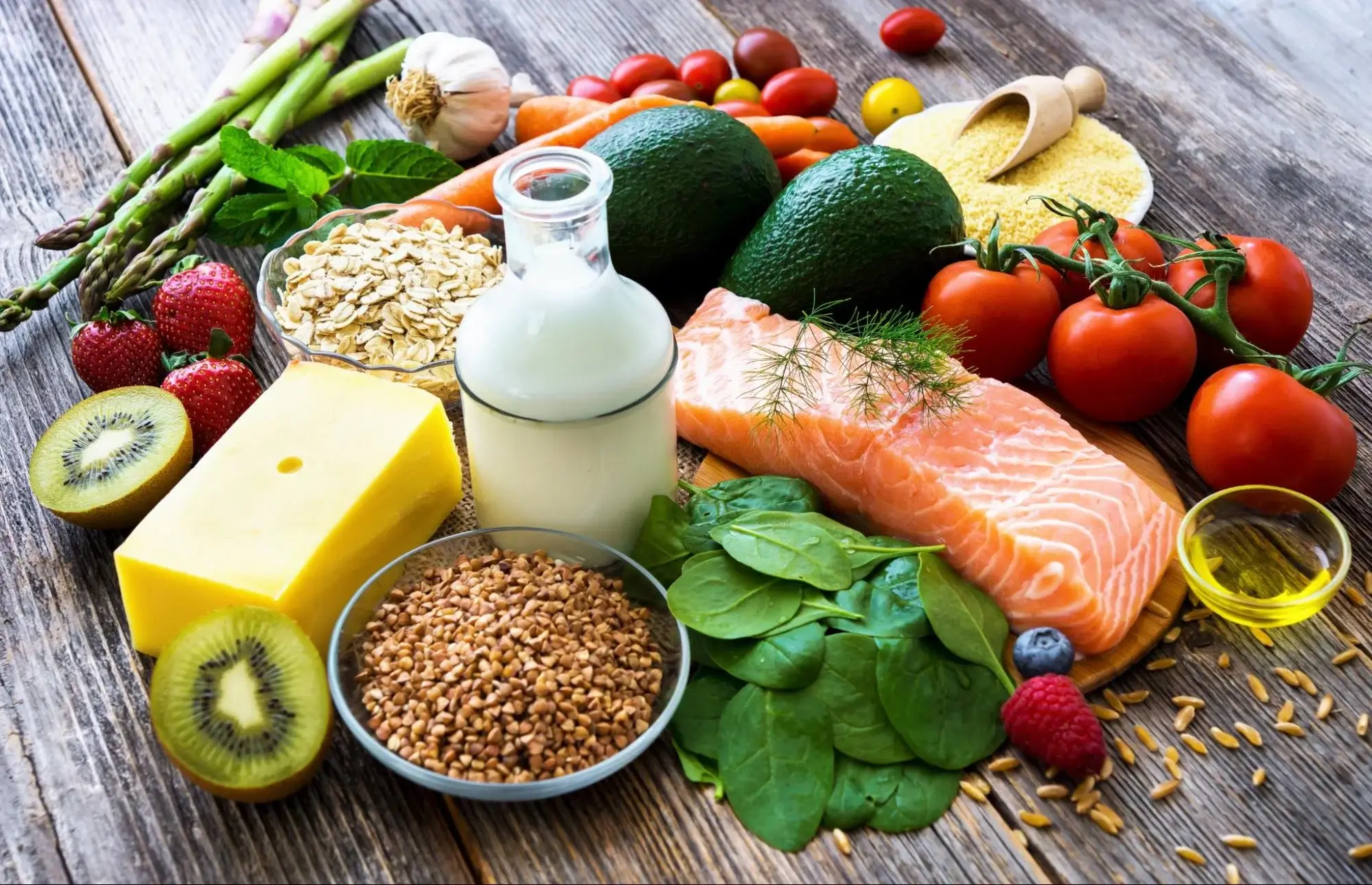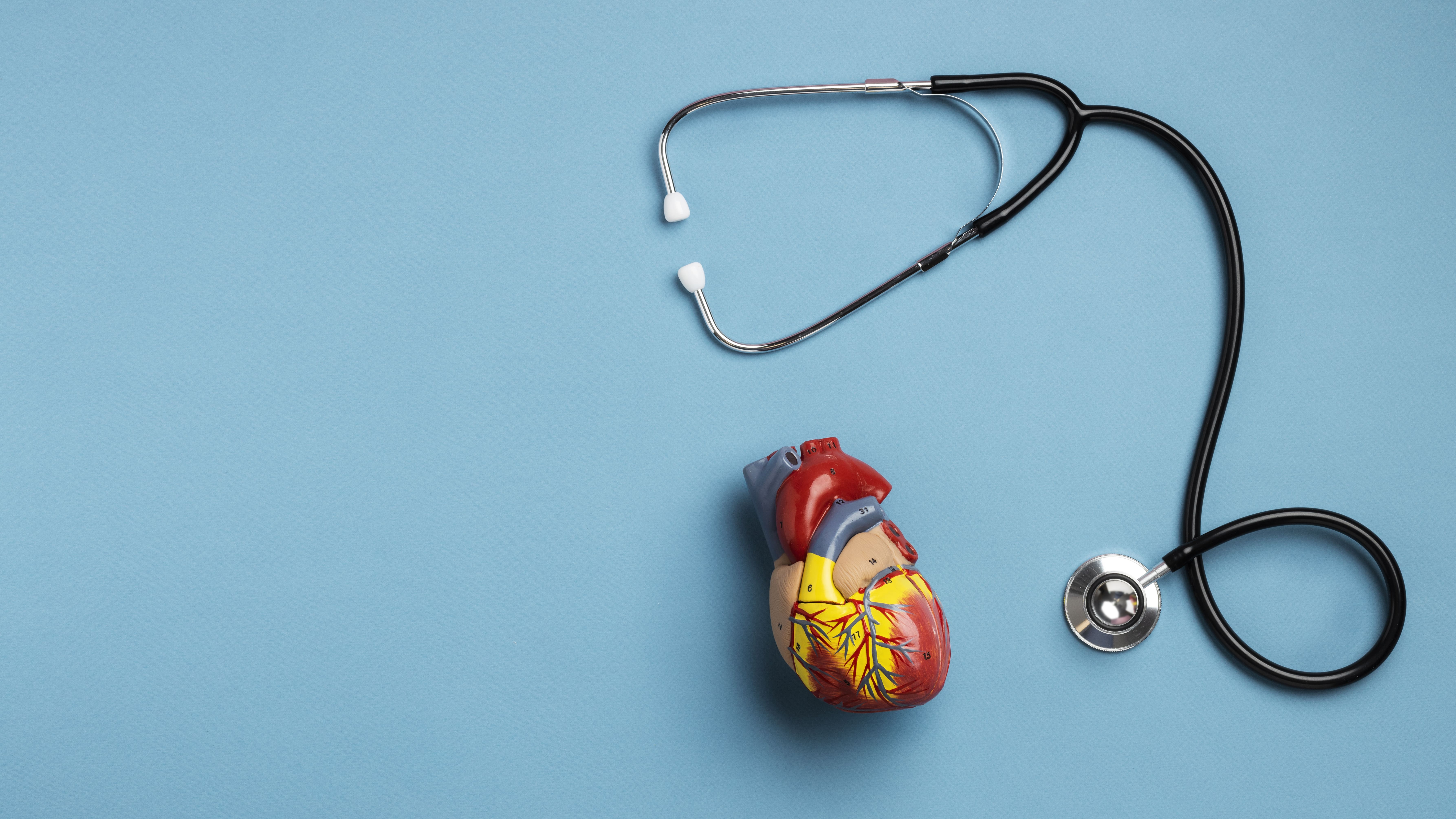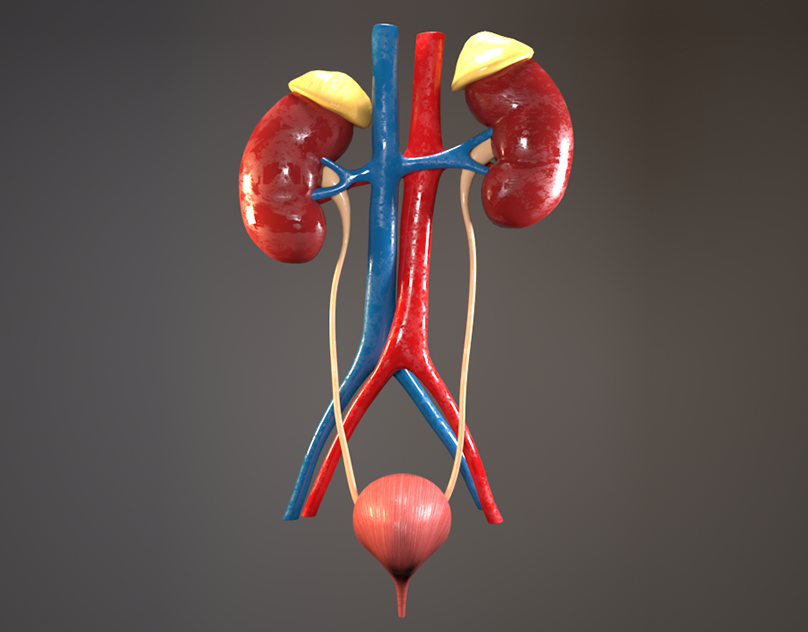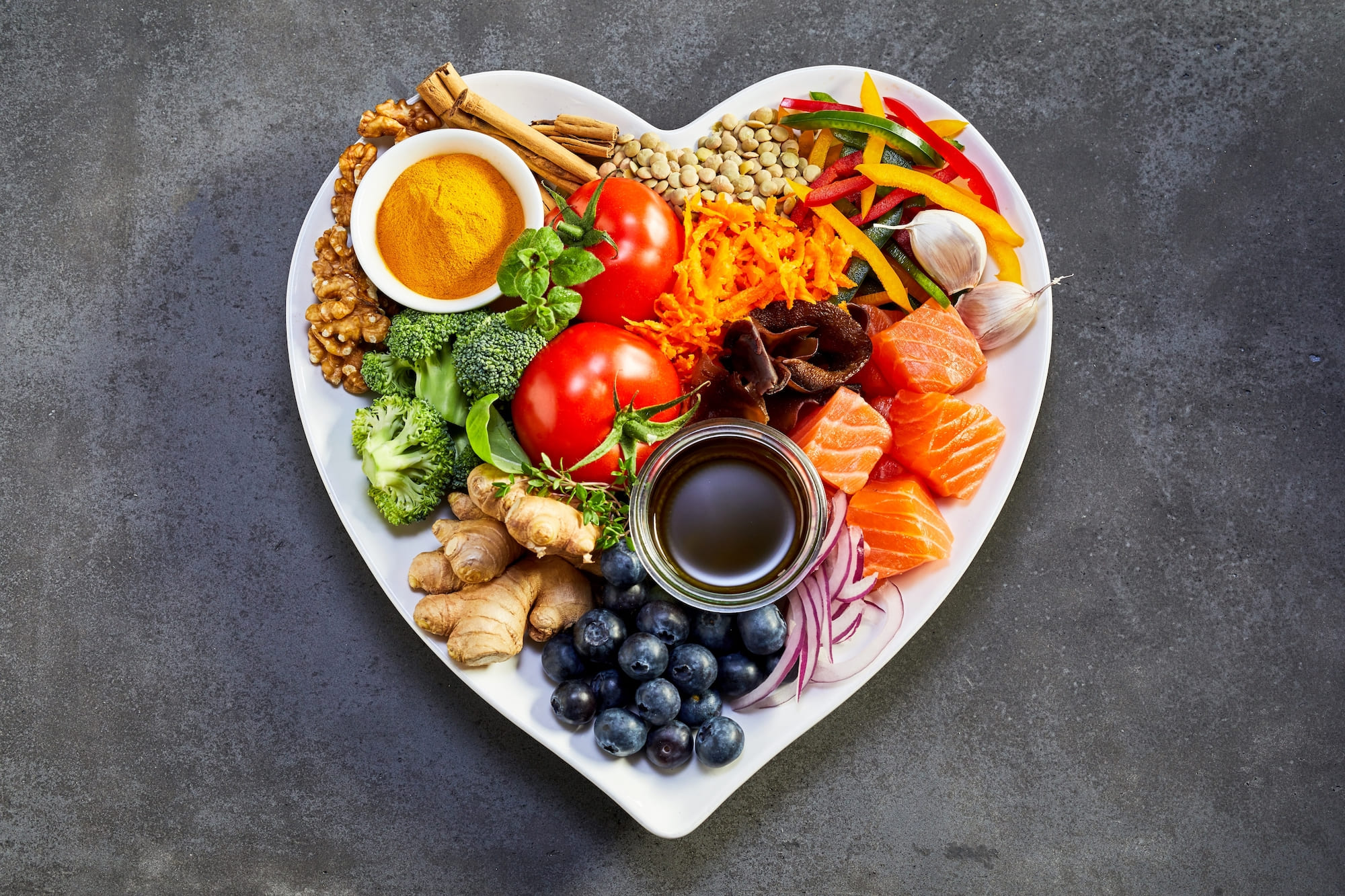
Healthy Eating Tips for a Better Lifestyle
February 15, 2023
What is Healthy Eating?
Healthy eating is about feeling great, having more energy, stabilising your mood, and optimising your health, all of which can be achieved by learning some nutrition basics and using them in a way that works for you. Eating a balanced diet full of nutritious foods can help support your physical and mental health, boost your energy levels, and even help you manage your weight. With the right combination of foods, you can enjoy a variety of health benefits, from increased immunity to improved cardiovascular health.
What are the Benefits of Eating Healthy?
By practising healthy eating habits, you will:
reduce the risk factors for heart attack and stroke, high blood cholesterol, high blood pressure and excess body weight;
maintain a state of positive health and optimal performance;
achieve adequacy in all nutrients and prevent deficiency diseases;
prevent chronic diet related disorders;
maintain good health as you age; and
increase your life expectancy.
What/How Should I Eat?
When it comes to healthy eating, it’s important to focus on eating a variety of nutrient-dense foods. This means choosing whole, unprocessed foods that provide essential vitamins, minerals, and other key nutrients. Fruits, vegetables, whole grains, lean proteins, and healthy fats should all be included in your diet. Eating a variety of these foods will help ensure you get the nutrients your body needs.
In addition to eating nutrient-dense foods, you should also pay attention to portion sizes. Eating too much of any food, even healthy ones, can lead to unwanted weight gain. To ensure you are eating the right amount, use the plate method. Fill half of your plate with fruits and veggies, a quarter of the plate with lean proteins, and the remaining quarter with whole grains.
Limiting your sugar and salt intake is also beneficial. Sugar causes energy ups and downs, and can add to health and weight problems. Eating too much salt can cause high blood pressure and lead to other health problems. Try to limit salt intake to one teaspoon per day and reduce tinned/processed food, which is also loaded with sodium. You should also pay attention to what you drink. Sugary drinks like soda, energy drinks, and sweetened teas should be avoided as much as possible. Instead, opt for water, unsweetened tea, or club soda. You can also try flavoured seltzer waters or sparkling waters for a bit of flavour.
Don’t forget about snacks. Healthy snacks are an important part of a healthy diet. Look for snacks that contain whole grains, protein, and healthy fats. Examples include trail mixes, nuts and seeds, yogurt, and fruit with nut butter.

Include polyunsaturated fats like Omega-3 and Omega-6 fatty acids, found in fatty fish such as salmon, herring, mackerel, anchovies, sardines, and some cold-water fish oil supplements. Other sources of polyunsaturated fats are unheated sunflower, corn, soybean, flaxseed oils, and walnuts.
Remember your protein sources such as milk, milk products, fish, chicken or turkey, tofu, eggs, beans, or nuts. Whether or not you are a vegetarian, trying different protein sources – such as beans, legumes, peas, tofu, and soy products—will open up new options for healthy mealtimes.
Eating healthy doesn’t have to be boring or restrictive. There are plenty of delicious, healthy recipes you can try, so experiment with different ingredients and flavours to find out what you like. You can also make healthy swaps, like using whole-wheat flour instead of white flour or Greek yogurt instead of sour cream.
How to Remain Consistent
There are several things you can do to stay consistent with your healthy eating habits.
Simplify your diet plan: Instead of being overly concerned with counting calories or measuring portion sizes, think of your diet in terms of colour, variety, and freshness.
Start slow: Don’t try to do everything at once. Make changes to your eating habits over time.
Stay focused: Missteps may happen but don’t let them derail you. At the next opportunity, make a healthy food choice; it all adds up.
Don’t rush: Take time to chew your food and enjoy mealtimes.
Listen to your body: During a meal, stop eating before you feel full. It actually takes a few minutes for your brain to tell your body that it has had enough food, so eat slowly.
Eat an early dinner: Try eating before eight in the evenings and avoid after-dinner snacks, which tend to be high in fat and calories.
A healthy diet is an important part of a healthy lifestyle. Choosing a variety of nutrient-dense foods, paying attention to portion sizes, trying healthy recipes, and snacking smartly can all help support your health. With the right combination of foods, you can enjoy a variety of health benefits and optimise your wellbeing.
Also Read: Understanding Heart Thickening













